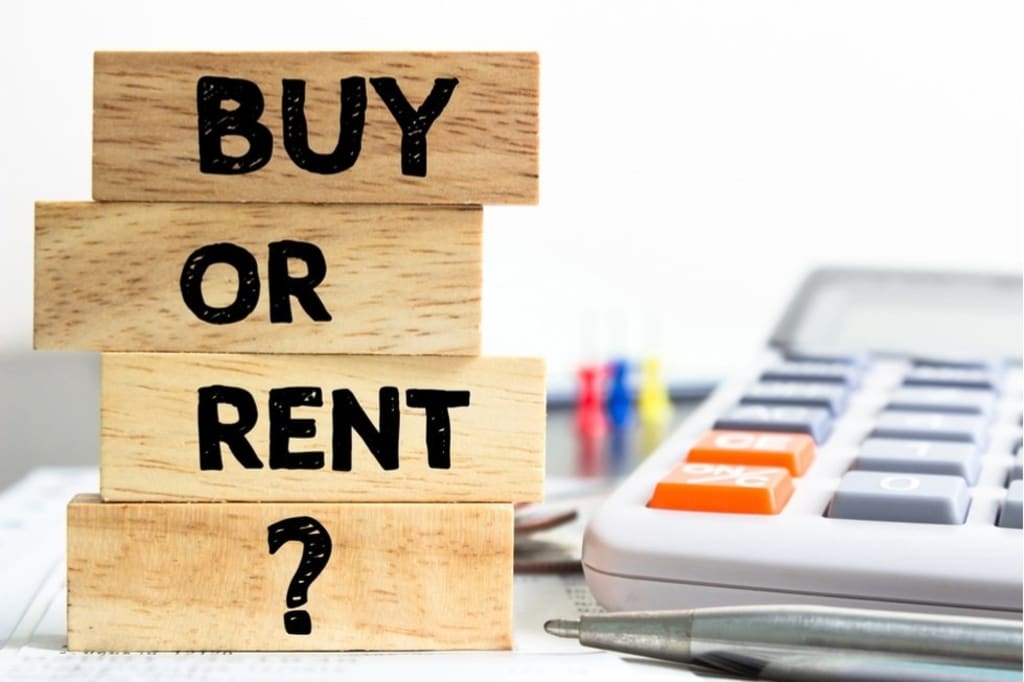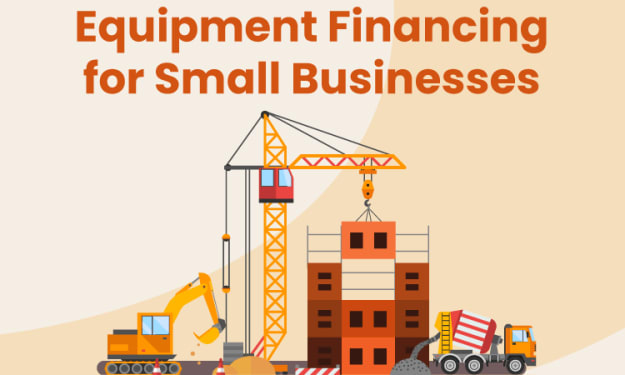Is it More Advantageous to Buy or Rent Equipment for Your Business?
Are you starting a new business? Or has it already consolidated itself in the market and you are now looking to expand it? The answer to these questions may be the decisive factor in making some important business decisions.

One of them is the need to buy or rent equipment. Knowing which of the two options is the best for your business is always a challenge for any entrepreneur, regardless of the sector in which their company operates. Still, it is possible to find some parameters to base these decisions. Through this article, we will try to take you through some aspects of heavy and small business equipment financing that must be considered when choosing between buying or renting equipment:
Analyze your company's maturity
Initially, you need to keep in mind the maturity of your company. This means knowing if your business is already consolidated, or if you are just starting out in the market. Many entrepreneurs, mainly in startups and innovation companies, prefer to reduce the risks concerning the initial investments, allocating assets in the company's core business (main activity). In such cases, it is possible that it is better to rent equipment than buy it.
For example, a startup in the digital marketing industry may find it more advantageous to initially rent computers, office furniture, etc., than to make a large initial investment in materials that are not their primary activity. In this initial period of business consolidation, a business can choose to invest in human capital, hiring creative and innovative teams, which will lead to more business and leverage the company's activities.
On the other hand, if you already have a certain maturity in the market, it may be more advantageous to invest in capital that, most likely, will be useful in the future. This is the case of a clothing company, for example, which sees its demand increase exponentially over the months. Instead of simply renting new sewing machines to expand your production, why not buy this machinery? The costs are diluted in the months following the purchase (as well as the rent), but at the end of the installments, the company has material capital that is its own.
Planning for the future is essential
Regardless of the decision you make (rent or purchase), it is necessary to include this strategy in the company's financial and budgetary planning. Only then will it be possible to predict how this decision will impact your business.
If your company is going through a period of growth and needs to expand its operations in new markets, the decision to purchase may be the most appropriate. This is especially relevant when we think about the purchase of equipment in the company's core activity. However, if this expansion presents risks to the business, such as investment in a sector that is still underexplored, whose yields are still uncertain, for example, the cost-benefit of a rental may be more advantageous.
There are several advantages to renting equipment. Companies that provide this type of service carry out constant maintenance, as well as work with the latest equipment. This can be essential for a company that works with technological innovation, for example.
In addition, renting has the advantage of enabling the company to access a wider variety of machines, which will most likely be more suitable for each project in which your company works. When you know which projects are on track for the future, it is possible to plan the temporary rental of one or another piece of equipment. This is very common in the construction industry, in which each land, each project and each client has specific needs.
The greater the flexibility of your company to use different equipment, the greater the quality of the service provided and the final result.
Put all expenses on record
As the costs of investing in the purchase of equipment can be quite high, it is necessary to review pros and cons. It is important to remember that the expense of purchasesdo not end after the final payment of the equipment. There is maintenance, repair and storage costs for machinery and other materials, all these expenses must be considered.
Renting also involves expenses, such as monthly installments or annual payments. Your company must honor these commitments to avoid fines and other costs due to contractual breaches. Still, renting can be a great option when your company needs to use certain equipment for a specific short-term project. After all, if there is no need for the machinery in the other areas of the company, why purchase? This is the case for those who want to produce a catalog for their products, for example. If the activity of producing advertising content is not recurring within the company, it is not advantageous to buy cameras, editing equipment, lighting, etc.
Reasons for renting equipment
As you may have already noticed, renting is a viable and interesting option for many companies. However, it is important to seek a serious and committed partner with the quality and maintenance of the equipment.
It is important to make sure that the equipment you're leasing from an equipment finance lender is in good condition, undergoes frequent maintenance and will meet the requirements of the company. Otherwise, it can become an additional problem for the business.
There are several advantages to renting equipment. Here are some of them!
Less investment
One of the most relevant aspects of equipment rental is the low investment. This is because the purchase of a machine can represent a higher fixed capital investment that can otherwise be utilized in more crucial aspects of your business.
In addition, this option allows smaller developing companies to enjoy more efficient logistical processes without compromising their finances excessively.
Reduced maintenance costs
Maintenance costs which are essential for the operation of any equipment are drastically reduced with the rental of equipment. This is because the responsibility, in most cases, rests with the supplier.
With this, your company will always have machinery in perfect working order and you will not need to set aside a portion of the budget for this.
Supply and demand
Another benefit experienced by those who decide to rent equipment is that contracts can be closed according to the demand for work.
This means fewer idle machines and better use of the company's capital. In other words, it is possible to better plan the operation of the sector and improve processes with strategy and savings.
Focus on core activity
Finally, we must highlight that equipment rental allows the company to remain focused on its main activity since it will not need to dedicate itself to researching, negotiating and maintaining the machines.
As it turns out, renting can have a direct impact on the productivity and efficiency of your team’s work. Who would have thought? So, either you are starting a new business or expanding one, you should always consider renting your equipment instead of limiting your options to just buying.





Comments
There are no comments for this story
Be the first to respond and start the conversation.